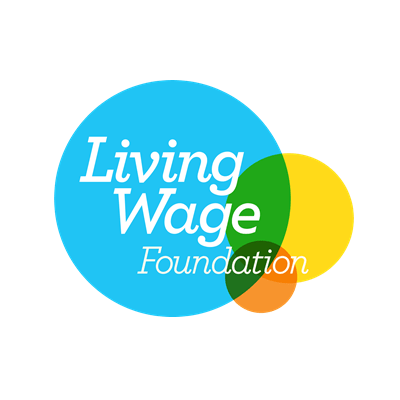Heartfelt Wishes
Article written by Chris King, Mindfulness Practitioner.
I remember being shocked when meeting my first cancer patient.
Two women entered my room and immediately I felt I knew which was the carer, and which the patient. It was very clear to me.
One lady appeared tired but smiled as she acknowledged my greeting, while the other lady appeared grey in both skin and hair. She hesitantly looked around the room before slowly easing herself into a chair with a long sigh. She looked exhausted, no doubt, I reasoned, because of the cocktail of drugs she was probably taking.
How wrong I was.
The shattered, weary, grey lady was a very good friend of the patient for whom she would stop at nothing to support. Her own health was, to her, immaterial and unimportant by comparison, although she admitted that she was finding it increasingly difficult to provide that support but didn’t appear to understand why.
I tried to explain that just as we wouldn’t expect a car to run on an empty tank or a dry well to bring life giving water to a village, so, in a similar way, if we choose to allow our own tank of self-care to run low or empty, we really cannot be surprised if we lack the strength to care and support others.
Perhaps one of the most powerful examples of the need to look after yourself first, is provided by the heart which is only able to pump blood powerfully around the body if it first has a good supply of blood itself. If that supply of blood is interrupted, then a heart attack is likely. The heart comes first and yet we find giving ourselves heartfelt kindness and self-compassion very challenging.
Why?
Erik van der Brink and Frists Koster*, ask a very important question, ‘why would you not practise compassion towards yourself?
Perhaps you can think of some reasons.
The participants of their ‘Mindfulness-Based Compassionate Living’ course gave a variety of answers including:
- I do not deserve it.
- I might become selfish or lazy.
- There are so many people in this world who need it more than I do.
- I was raised to be firm with myself. I do not want to become a wimp.
Do you recognise any of these?
And yet a growing body of research is revealing the immense importance of self-compassion such as:
- Reduction of anxiety and depression.
- Less self-conscious.
- Ruminate less.
- Better relationships.
- Freer to pursue their goals.
So how can we help engage with our own self-compassion?
Research has also shown a clear connection between mindfulness and self-compassion. For example, mindfulness stimulates increased activity within that part of the brain called the insula** which is associated with the development of empathy and compassion. Indeed, it has been suggested that just as a bird needs two wings to take flight, so mindfulness practice requires both awareness and compassion to fly.
Training in compassion begins almost immediately in mindfulness practice as we are encouraged to treat ourselves with kindness whenever we notice thoughts arising in the mind. To perhaps see these thoughts as gifts, signposting where the mind has gone so we then have an opportunity to let those thoughts go and bring ourselves back to whatever our chosen focus might be. In this way, with practice, we can begin to notice, for example, damaging thought patterns and decide to disengage with them and place our attention somewhere that is better for us.
Indeed, mindfulness has also been called ‘heartfeltness’ as compassion rests at the very heart of the practice.
So, as a gentle practice, whenever you find yourself wishing to take a quiet pause or indeed at the times you find yourself stressed or anxious, you may wish to experiment with the following.
First.
STOP
And then take just three breaths. Carefully feeling the passage of air as you breathe in and out. Perhaps allowing the out breath to be comfortably longer than that of the in breath.
And then, as you remember how the heart must first be provisioned with blood before it can provide its life-giving pulse, choose to gift yourself the following heart felt wishes maybe one per breath such that as you breathe in you say…’may I have’ and on the outbreath the wish.
So…
May I have Happiness
May I have Health
May I have Harmony
And then, you may like to pass those same wishes onto somebody else…
May you have Happiness
May you have Health
May you have Harmony
Notice how you feel, but please don’t expect anything to have changed.
And with gentleness, return your attention to the next moment of your day, remaining open to the possibility of giving yourself healthy self-compassion and therefore a kindness to both yourself and those around you.
References
A Practical Guide to Mindfulness-Based Compassionate Living. Living with Heart. Erik van den Brink and Frits Koster, with Victoria Norton. Routledge 2018*
Kindfulness. Padraig O’Morain. Yellow Kite 2018**






